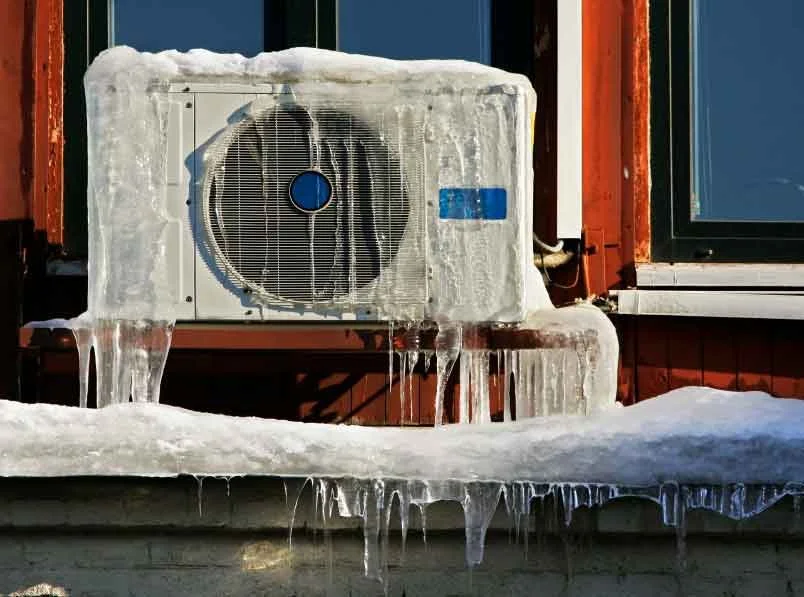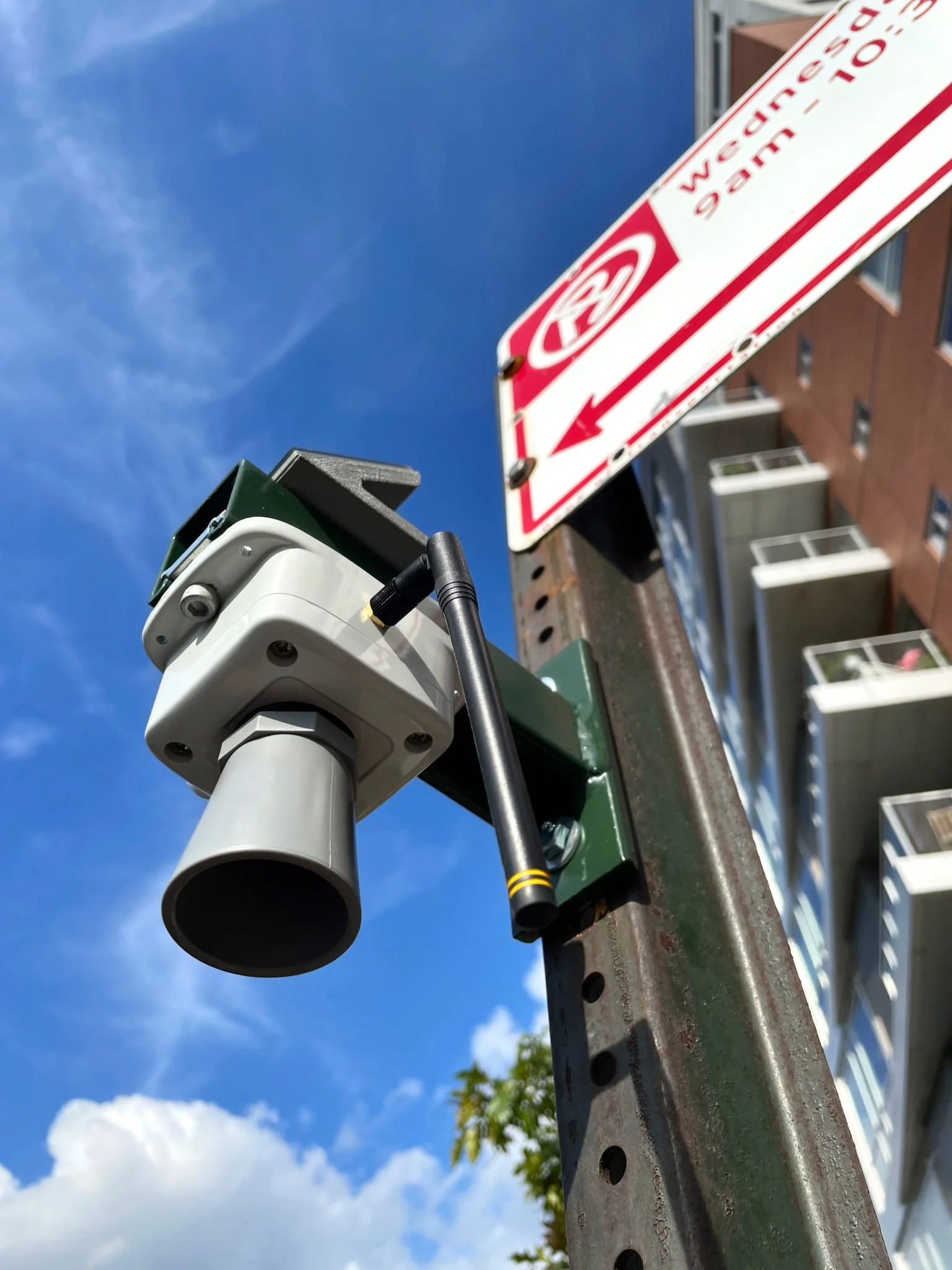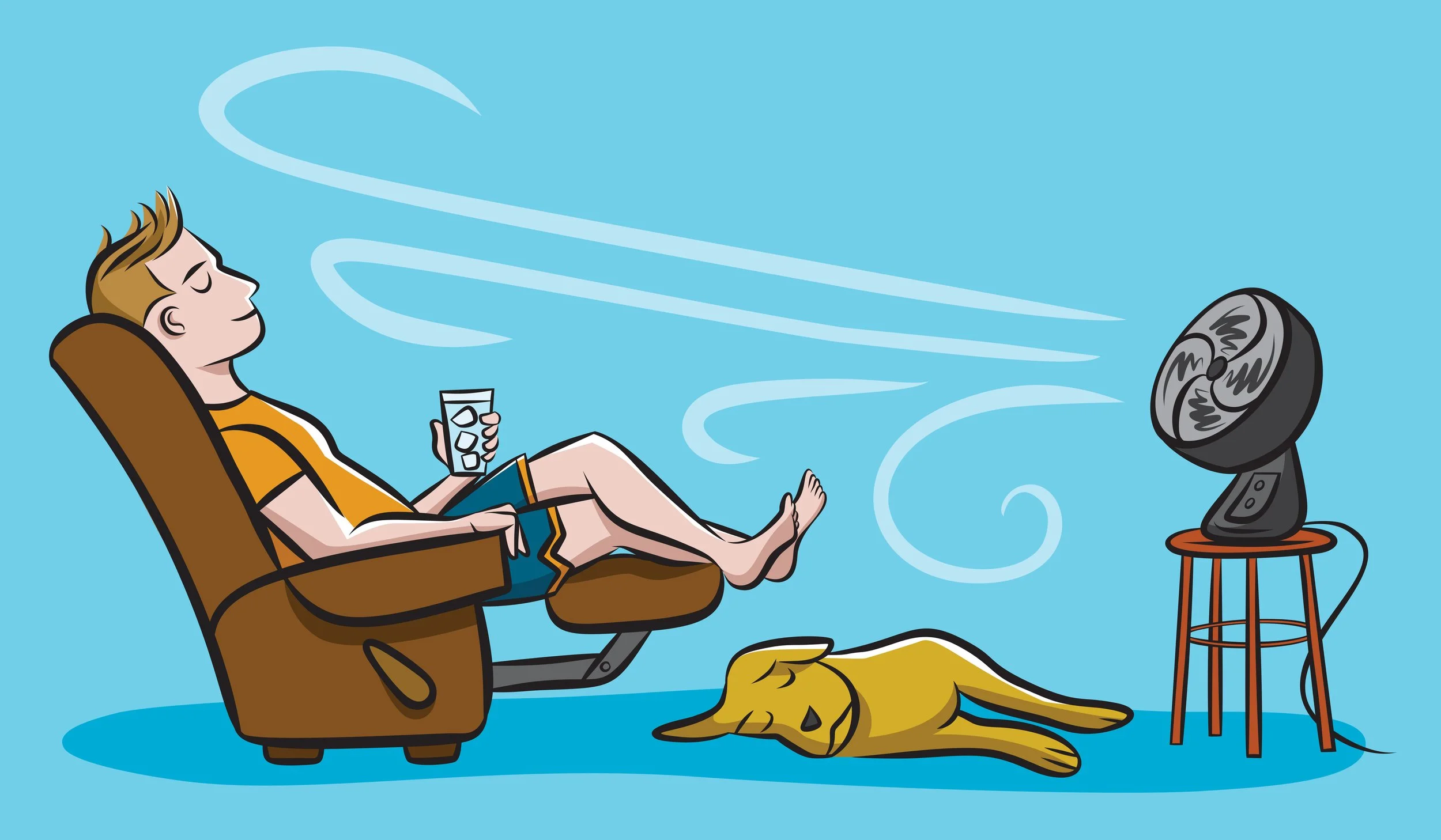Oh My!
It's been a moderately hot New York City summer, to say the least. New York has been under a heat advisory in the last couple of weeks with the weather hitting record-breaking temperatures. If you have access to air conditioning- consider yourself one of the lucky ones!
Throughout the city, did you know that trees help cool down areas during the city's heatwaves?
As CURBED pointed out, the four coolest parts of the city in recent summers have been:
• Brooklyn Heights
• Prospect Heights
• Upper West Side
• South Bronx and
• Central Park, home to over 18,000 trees, helping cool surrounding areas by absorbing extreme heat and providing shade.
Peter Haupt
the tree care manager at Central Park Conservancy for over a decade explained that cooling happens due to transpiration, a process in which trees absorb rainwater through their roots, then release it into the air via their leaf surfaces. The release of this vapor lowers the temps around it. The temperatures inside the park can be as much as 10 degrees cooler on hot days than anywhere else in the city.
“What we find is that different parts of the city heat up at different rates. The degree of heating, which can be as high as 7-10 degrees, really depends on the vegetation in the area. If you have an area that’s well-vegetated, if you’re living adjacent to Central Park, for example, the chances are you’re not going to experience the kind of extreme heat that someone in the South Bronx is going to experience.”
This means we need trees to protect us and to survive. Adding parks is the only sustainable option in order for a city to continue to thrive and grow. As we know, climate change will be an unrelenting disruptor of life moving forward.
Meaning —
People who live in areas without green space, the area that they live in are several degrees warmer than you. This is a really important part of dealing with climate change that doesn't get enough attention.













